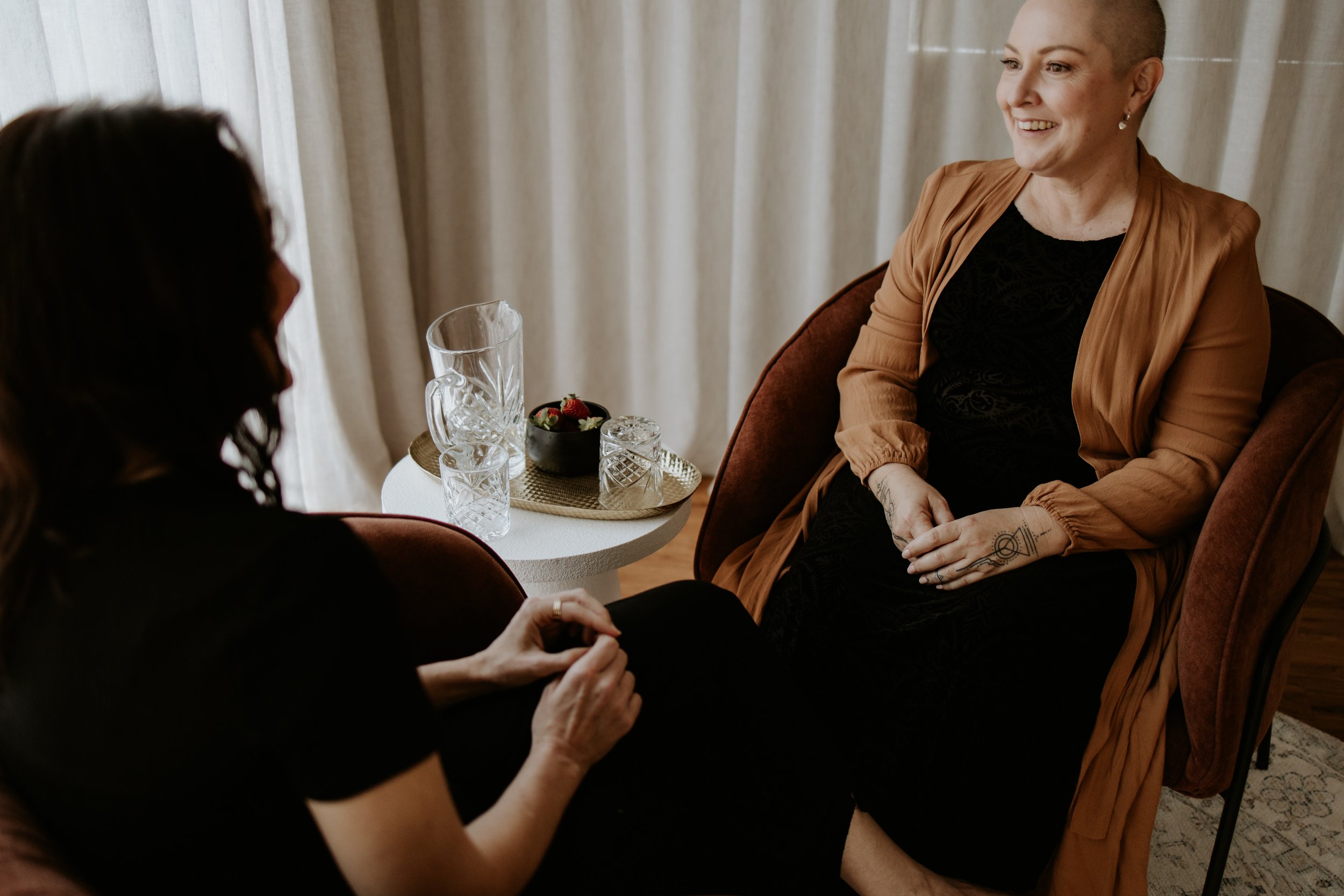
Support Services available
General Support Services.
Daily living assistance for independence.
Activities included but not limited to the following: Meal Preparation: preparing and eating regularly, including breakfast, lunch, dinner.
Personal Hygiene Care: encouraging showering or bathing, getting dressed, cleaning teeth, doing hair, and clipping nails.
Sleeping: assisting with achieving healthy sleep hygiene.
Life requirements: food shopping, paying bills, purchasing clothing and day to day life requirements.
Assistance and Advocacy: Doctors, Specialists, Hospital and health care appointments.
Guidance and assistance around household cleanliness and care.
Attending health and fitness classes for moral support and encouragement.
Assistance and accountability around medication requirements.
Social, Recreational and Community participation.
Activities included not limited to: Assisting, attending alongside participants to engage in activities based on their interests, hobbies, functional capacity and NDIS Goals.
Outings in the community to hobby classes, social meet ups and attending community peer groups.
Capacity building, assisting clients to learn new or build upon existing independent living skills.
Develop a flexible Activity Plan to achieve healthy social lives in the community.
Building an authentic and strong professional relationship with the client to ensure trust is our foundation for care.
Modelling active and reflective listening skills and being being genuine and caring with compassion to foster a supportive team environment.
Lifestyle Coaching, Personal Empowerment and Growth, Goal setting.
Providing guidance and support in personal development, helping clients to achieve their goals and close the gap between where they are and where they want to be.
Sessions focus on personal development, setting goals, exploring values and beliefs, identifying obstacles and challenges, and developing strategies to overcome them.
Working together to create a plan of action, and provide support and accountability as the client takes steps towards achieving these goals.
Overall, these sessions provide a wrap around in the personal growth journey and can include various hands on and creative tools to guide the client in reaching their deepest values, build confidence, and create a fulfilling life!
Sensory Modulation Practises.
Sensory modulation works by changing how a person feels through sensory input. This sensory input changes the physiology of the body, and in doing so creates a shift in how person the person feels.
These practises enable the client to better understand their unique sensory patterns and preferences to enhance participation in everyday life. SMP offers an alternative explanation to particular behaviours seen in mental health clients and help identify interventions to live a satisfying life.
Sensory modulation is broader than just aiming to feel calm and relaxed.
It can also be used to:
Ground: when feeling dissociated, spacey or having difficulty focusing on the present
Soothe: when feeling self-hatred, shame, sad or anxious
Calm: when feeling anxious, scared, angry or agitated
Relax: when the muscles feel tense or the mind feels stressed
Alert: when feeling lethargic, tired or sedated, or having trouble concentrating
Reduce or intensify sensations: when feeling self-hatred or shame or the urge to self-harm
Holistic Support Services.
Intuitive Movement Therapy
Intuitive Movement Therapy integrates physical, emotional, cognitive, and social aspects into psychological treatment.
IMT focuses on embodied experiences through body movements, expressions and the embodied creative experience.
Balancing of breathing, moving/expressing, and feeling/sensing is essential and encourages attentiveness and connection to body sensations developing body image, self-relation, and action modulation.
IMT has been shown to improve well-being, mood, affect, quality of life, body image, and interpersonal competence, as well as reducing clinical symptoms, such as depression and anxiety, psychiatric symptoms, autism, eating disorders and stress.
IMT helps you re-engage with the sensations of your body, release chronic muscular tension patterns and integrate your breath for deep relaxation.
IMT induces deep relaxation and learn to self regulate bodily tensions through tapping into the power of the nervous system.
Teaches you to delve internally, to re-awaken sensation in the body, and create an “internal barometer” for how you feel.
Unlocks unconscious thought processes and embedded beliefs that may be holding you back from experiencing true vitality.
Reconnects your physical and emotional self to recover from persistent stressors or overcome trauma.
Meditation and Breath work practises
When you meditate, you may clear away the information overload that builds up every day and contributes to your stress.
Meditation can give you a sense of calm, peace and balance that can benefit both your emotional well-being and your overall health.
The emotional and physical benefits of meditation can include: Gaining a new perspective on stressful situations and building skills to manage your stress.
Increase self-awareness and focus on the present and reducing negative emotions.
Increases patience and tolerance, lowers resting heart rate and resting blood pressure.
Improves sleep quality.
Art Therapy
Art Therapy is a non-verbal outlet that can help clients articulate experiences and emotions that are hard to put into words.
Facilitates the process of integrating traumatic or stressful memories into a coherent narrative.
Engaging in art therapy can help regulate emotions and create a sense of safety. The process can be calming and grounding, which is beneficial for clients who struggle with emotional dysregulation.
Art therapy allows individuals to explore and express feelings that may be buried or repressed, which can lead to greater self-awareness and healing.
It offers a safe space for clients to explore and confront difficult emotions and experiences. This safe space can be crucial for those who have experienced trauma and may feel overwhelmed by traditional therapeutic approaches.
Mind-Body Connection, Art therapy engages both cognitive and sensory processes, which can help integrate and process trauma on multiple levels.
Non-Verbal Processing: Many experts agree that trauma is often stored in the body and mind in ways that are not easily accessible through verbal therapy alone. Art therapy provides a way to tap into these non-verbal aspects of trauma, allowing for more holistic healing.
Creating art can empower clients by giving them control over how they represent and reinterpret their experiences. This sense of agency can be particularly important for individuals who have experienced powerlessness in their trauma.
Visualization and Transformation: Art therapy can help clients visualize and transform their trauma. By externalizing their experiences through art, clients can gain distance from their pain and begin to reframe and heal their trauma narratives. This can make trauma treatment more tolerable and can allow you to pace your healing, as well as reduce overwhelm throughout the course of your therapy.
Useful links
